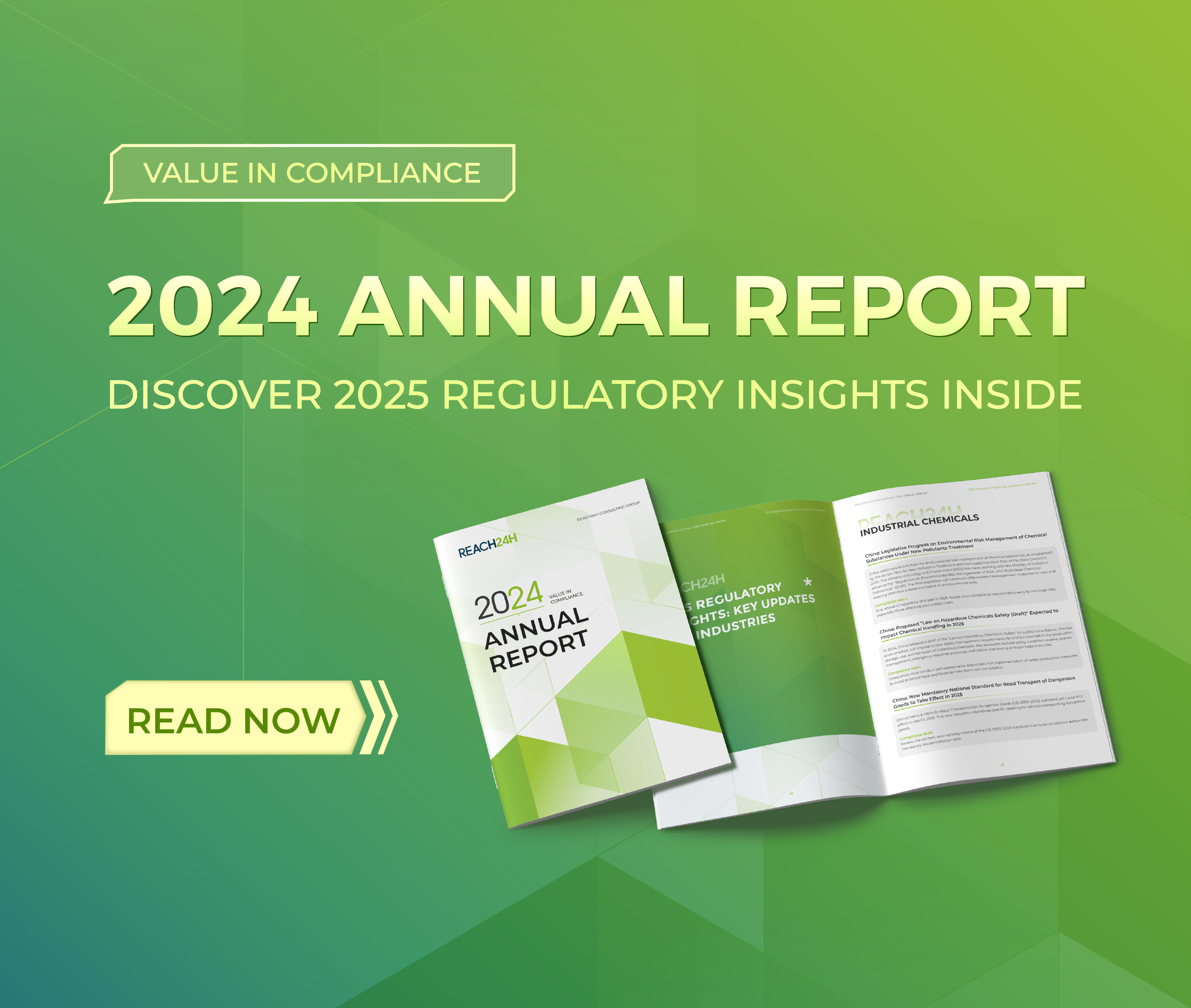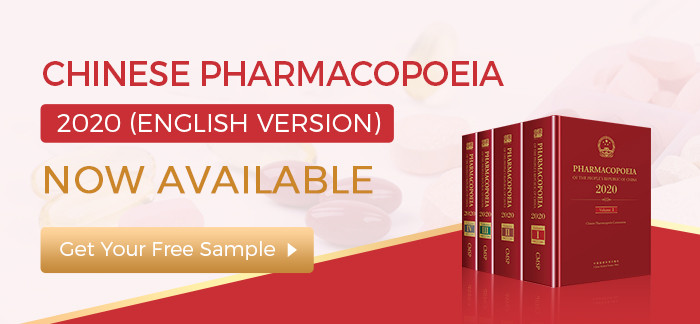China NIFDC Consults on Updates to Prohibited Cosmetic Ingredients and Test Methods
China is moving towards updating the Inventory of Prohibited Ingredients for Cosmetics and adopting more toxicological test methods for cosmetic ingredients, as well as animal testing alternatives.
On June 12, 2023, China’s National Institutes for Food and Drug Control (NIFDC) initiated a public consultation on proposed updates to the Inventory of Prohibited Ingredients for Cosmetics, along with the introduction of test methods for cosmetic ingredients. Interested parties are invited to provide feedback and suggestions until July 15, 2023, by emailing the “Opinion Feedback Form” to hzpbwh@nifdc.org.cn.
Five New Prohibited Ingredients
The proposed update to the Inventory of Prohibited Ingredients for Cosmetics is the addition of five prohibited prostaglandin analogs.
| Entry No. | English Name | Chinese Name | CAS No. |
| 1286 | Bimatoprost | 比马前列素 | 155206-00-1 |
| 1287 | Latanoprost | 拉坦前列素 | 130209-82-4 |
| 1288 | Tafluprost | 他氟前列素 | 209860-87-7 |
| 1289 | Tafluprost ethyl amide, (5Z)-7-{(1R,2R,3R,5S)-2-[(1E)-3,3-Difluoro-4-phenox y-1-buten-1-yl]-3,5-dihydroxycyclopentyl}-N-ethyl-5- heptenamide | 他氟乙酰胺 | 1185851-52-8 |
| 1290 | Travoprost | 曲伏前列素 | 157283-68-6 |
Seven Test Methods
Additionally, the consultation highlights the introduction of seven draft test methods for the toxicological test of cosmetic ingredients, which are developed according to the Organization for Economic Co-operation and Development (OECD) guidelines. Notably, the draft U937 Cell Line Activation Test is a new animal testing alternative specifically for skin sensitization. It complements the existing skin sensitization test method in the Safety and Technical Standards for Cosmetics 2015 and aligns with the global movement towards cruelty-free practices.
| No. | Draft Test Method | Range of Application |
| 1 | 28-Day Inhalation Toxicity Study | This test method is applicable to the evaluation of 28-day repeated dose inhalation toxicity of cosmetic ingredients. |
| 2 | 90-Day Inhalation Toxicity Study | This test method is applicable to the evaluation of 90-day repeated dose inhalation toxicity of cosmetic ingredients. |
| 3 | Extended One-generation Reproductive Toxicity Study | This test method is used for the detection of reproductive and developmental toxicity of cosmetic ingredients. |
| 4 | Two-generation Reproductive Toxicity | This test method is used for the detection of reproductive and developmental toxicity of cosmetic ingredients. |
| 5 | Skin Absorption-In Vivo Method | This test method is applicable to the in vivo test of percutaneous absorption of cosmetic ingredients. |
| 6 | Acute Inhalation Toxicity Acute Toxic Class Method | This test method is applicable to the acute toxicity classification of acute inhalation toxicity of cosmetic ingredients. |
| 7 | U937 Cell Line Activation Test | This test method is applicable to the evaluation of potential sensitization of chemical ingredients for cosmetics. |
Reprinted from: ChemLinked
Contact Us
If you have any questions regarding cosmetics and ingredients compliance, please feel free to contact us.
Email: customer@reach24h.com
Tel: +86-400-809-5809
News Source: ChemLinked

REACH24H Consulting Group launched ChemLinked in 2012 as a leading service provider of comprehensive regulatory information and compliance solutions, meeting the growing demand for clear and concise regulatory advice and market intelligence in Asia, especially China.
You can register for a membership to read the latest news limitlessly every day on ChemLinked.




